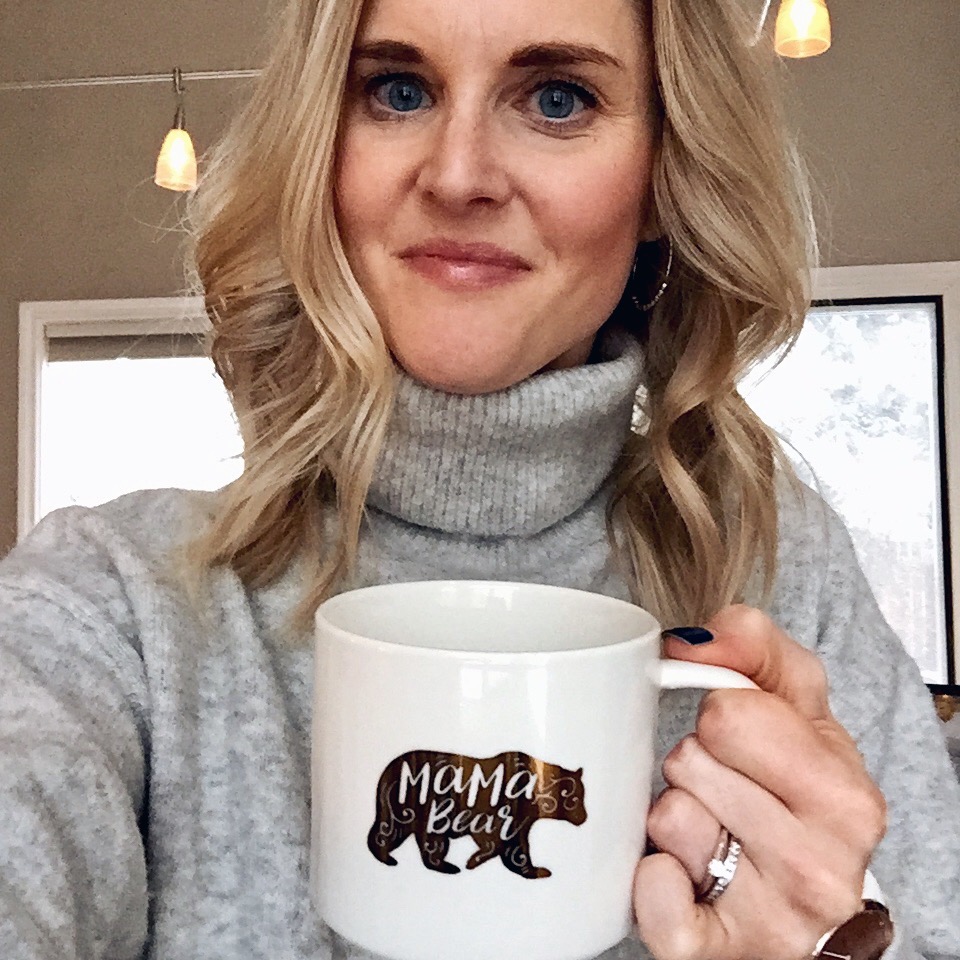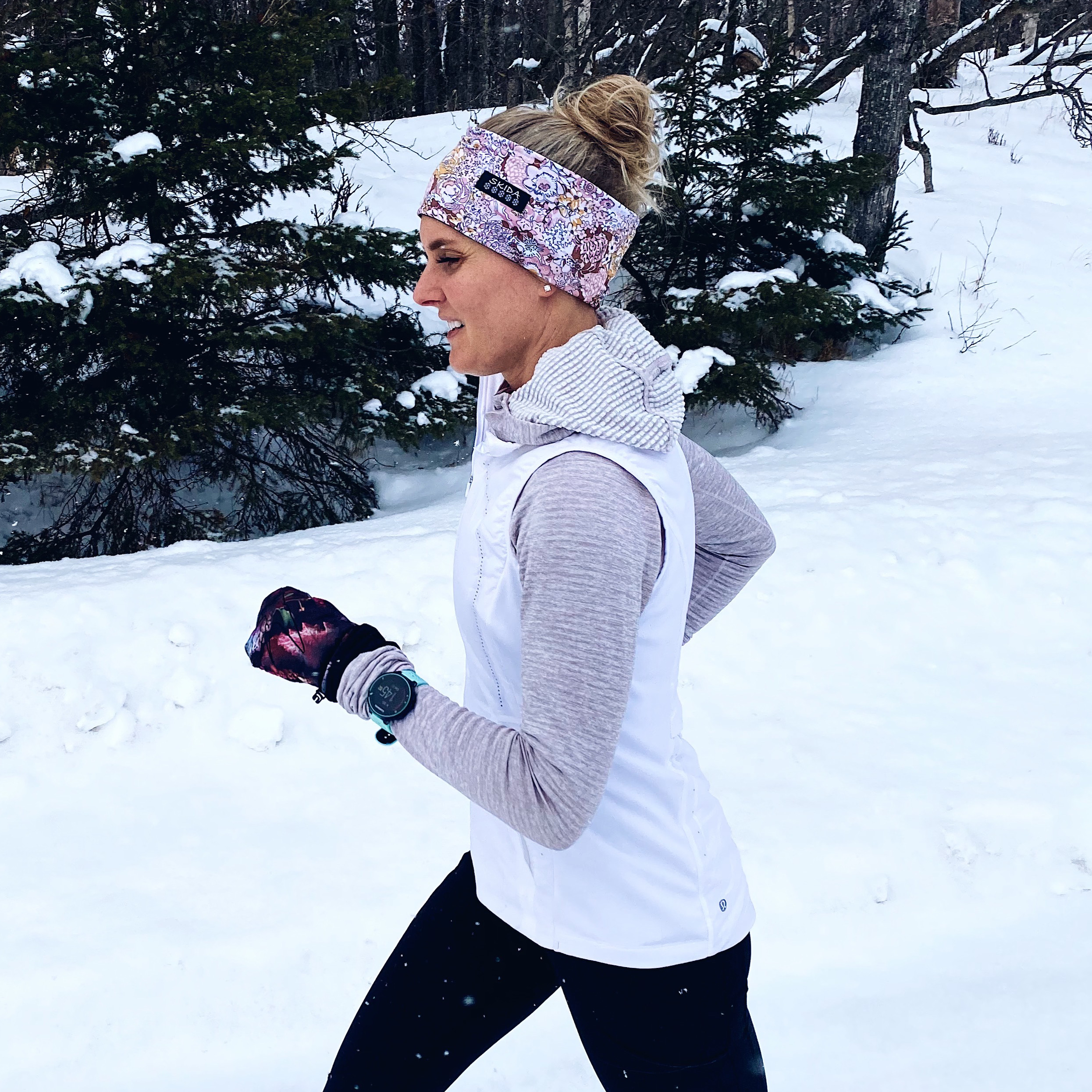I was recently listening to Des Linden on Lindsey’s Hein’s I’ll Have Another Podcast where she kept reiterating how much patience is required when running and racing. It took her years upon years of consistent training, year-round workouts until she finally won the Boston Marathon. Her successes did not happen overnight (or within just a few months for that matter), so we should also not expect to achieve our goals within a few months. It might take a year, two years, or for me, SIX years until I broke my half marathon PR.
Patience is everything. Workouts in the snow, rain, cold, and heat–consistent training year-round for years on end!

I’ve been reflecting back on my most recent two marathon build-ups–ones that could have (should have?) resulted in my big, dream goal of a sub-3 hour marathon but did not. I fell short–2 minutes in one of them, 5 minutes in the other.
I’ve tried to pin-point why I missed my goal both times–the first at Twin Cities Marathon in 2017 and again in New York City Marathon in 2018. During both of these training blocks, I had great build-ups: many things lead me to believe that a sub-3 hour marathon was possible. But on race day I fell short–the first time running a 3:02 marathon at Twin Cities and then a 3:05 marathon at NYC Marathon a year later.
I’ve blamed my fueling. I’ve blamed going out a little too fast (in reality it was still right around goal race pace). I’ve blamed not getting enough sleep the night before. I’ve blamed too much stress. Truthfully, when it comes down to it, I just didn’t have enough TIME!

My build-up to the Twin Cities Marathon during the fall of 2017 was four months of dedicated training after dealing with a hip labral tear for 10 months. My build-up to the NYC Marathon was even shorter–a mere 3 months–once again coming off some inconsistent training due to injuries that kept popping up.
As I work with athletes of all abilities, we sometimes have our timelines set too short for what is actually possible to achieve. During my RRCA Coaching Certification training, we learned that an untrained individual (someone new to running) can have a 28% increase in their VO2 max during a 12 month time frame. That’s huge! You can set a lot of PRs in a short period of time that way. However, if you have a lot of training under your belt already, your gains are going to be much smaller over a year. Heck, it could even take a few years to reach your goals.
How fast you reach these goals depends upon how quickly your body can adapt to the new training stressors, the quality of your recovery (ie – how much sleep you get, quality of nutrition, and whether or not you are taking your easy runs at a truly easy pace). So, to be honest, I struggle when my athletes ask me if they can reach goal X within a specified time frame. Sometimes the answer is more straight-forward, but usually I have a hard time saying for certainty. There are a lot of things that can go right (or wrong) during a training cycle that could cause someone to fail or succeed at their goals.

I am once again having to exhibit some patience during my pregnancy as I am at a stand-still with training and trying to reach my goals. I don’t want to wish-away this pregnancy, but I am anxious to get back to training this winter. I know it won’t be easy–and it will requite a lot of patience–but I did it once before with Cullen, I am hopeful I can do it again a second time around.






